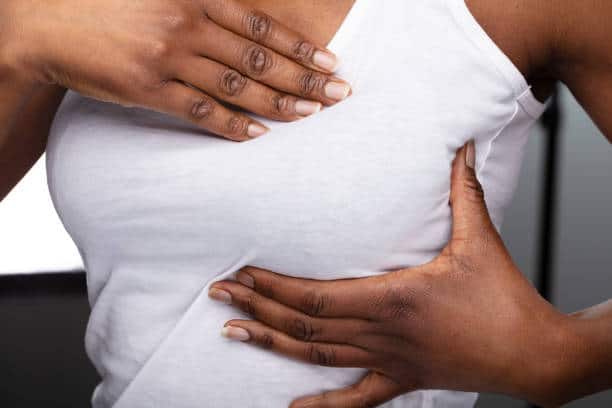
Even though breast cancer has been around for years and has affected millions of women, there’s still a lot of misinformation going around about the disease. Some of these myths have significantly affected how people handle their health and think about their risks of developing breast cancer. Fortunately, when you know the facts it’s easier to make the right decisions about your health.
Breast cancer myths:
Myth # 1: You Don’t Have To Worry If No-One In Your Family Has Had It
It’s true that having a genetic predisposition for breast cancer can raise your risk of developing the disease. However, that doesn’t mean people without a family history of breast cancer can’t get it. In fact, several people with no known risk for cancer have been diagnosed with it. On the same note, being at risk doesn’t mean that you will develop the disease either. Even if you’ve tested positive for the BRCA 1 and BRCA 2 genes, it doesn’t mean it will happen.
Breast Cancer And BRCA Testing: What You Need To Know
Myth # 2: Breast Cancer Is Caused By Deodorants And Anti-Perspirants
There is no scientific evidence that antiperspirants and deodorants can cause breast cancer. For some time, people have claimed that the aluminum-based ingredients in these products are linked to cancer. However, this has not been proven.
Myth # 3: All You Need To Do Is Eat Well And Exercise
While a healthy diet and exercise certainly play a role in remaining healthy, it’s not enough to ensure that you never develop breast cancer. Even as you eat healthily, avoid cigarettes, reduce your alcohol consumption, and exercise regularly, don’t forget your annual mammograms.
RELATED: 7 Things You Can Do To Prevent Breast Cancer
Myth # 4: If You Detected The Cancer Early, There’s Nothing To Worry About
Of course, early detection means you can get treated quickly, which drastically reduces the risk of your cancer progressing. However, that doesn’t mean your cancer can’t recur. It’s important to remain vigilant so you can catch the signs early all the time.
Myth # 5: Too Much Caffeine Can Cause Breast Cancer
On the contrary, research has shown that caffeine in moderation can reduce your risk of developing breast cancer. There may be other issues involved with caffeine consumption though so make sure you have all the information.
Myth # 6: Keeping Mobile Phones In Your Bra Cause Breast Cancer
Some people have said that the radio waves or radiation from a mobile phone can cause breast cancer if the phone is stored in the front pocket for too long. However, there is no evidence that this is the case.
Myth # 7: Injuries To The Breast Can Cause Breast Cancer
If your breasts are squeezed or injured in some way, there could be bruising. In some cases, you may develop scar tissue from the injury that can feel like lumps. These aren’t cancerous though. Some people are also concerned about nipple piercings but there’s
no evidence that these piercings are linked to breast cancer.

Myth # 8: All Breast Cancer Is The Same
According to health experts, breast cancer can be very different for everyone depending on their genetic make-up. That’s why the same treatment program doesn’t work for everyone. Your genes can also determine how quickly your cancer progresses.
If you’re diagnosed with breast cancer, your doctor will carry out several tests to determine how to proceed.
Myth # 9: An Annual Mammogram Is All You Need To Know You’re Cancer-Free
While it’s true that a mammogram can detect suspicious breast tissue, data suggests that the tests can miss up to 20% of breast cancer cases.
Doctors recommend regular self-examinations to supplement your annual mammogram to be safe. If you’re not sure how to carry out a self-exam, ask your doctor to show you.
Breast Lumps: What’s Normal, What’s Not
Myth # 10: All Lumps Are A Sign Of Trouble
It’s possible to have lumpy breast tissue that isn’t cancerous. That’s why self-exams are doctor visits are important. You and your doctor need to know what your normal breast tissue feels like. It will make it easier to tell when something is out of the ordinary.
Another thing to bear in mind is that not all concerning lumps will be hard, hard to move, and rough in texture. To be safe, bring all lumps to your doctor’s attention.
There’s still a lot of research being done to determine breast cancer risks and treatments. While new information can become available at any time, it’s a good idea to make sure that you’re getting your data from reputable sources. Additionally, don’t be afraid to talk to your doctor about your concerns.









